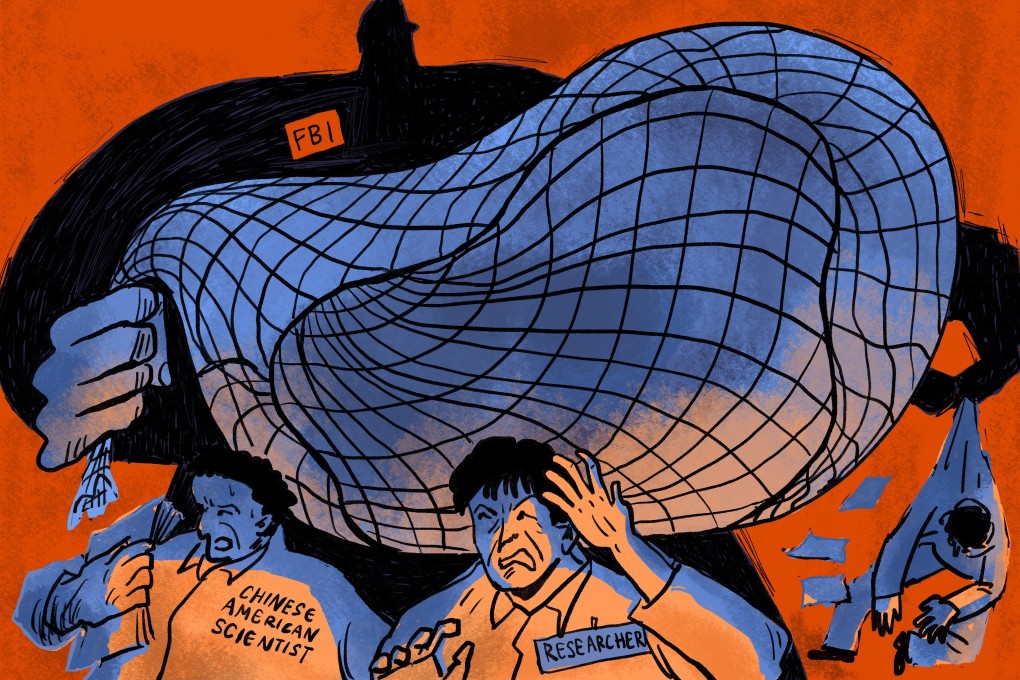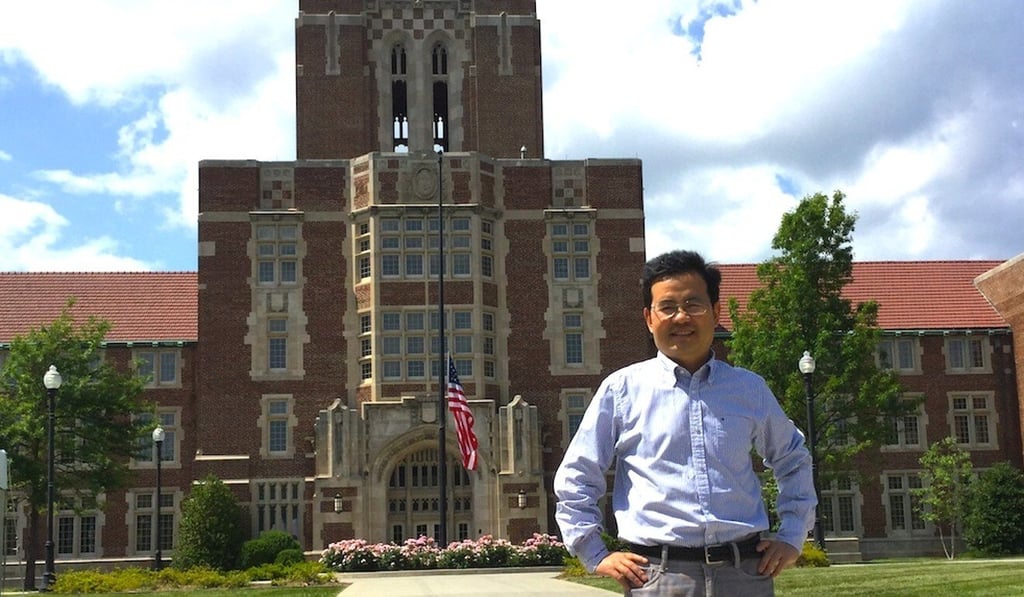US-China tech war: In the battle for talent, the US is ‘shooting ourselves in the foot’
- Justice Department’s ‘China Initiative’ pursuit of suspected tech thieves and spies is chilling the climate for scientists studying and working in the US
- The crackdown comes as the US faces a ‘severe shortage of digital talent’, a member of a US commission on artificial intelligence says

In the fourth of a five-part series on US-China technology policies, Jodi Xu Klein looks at a critical, yet often underappreciated, component: how important talent is to win the future in tech and how US policies aren’t helping to attract and keep it. The first part, on how China policies vary in different US agencies, is here; the second part, on Huawei Technologies’ prospects, is here; the third, on Chinese supply-chain woes, is here.
On the cold early morning of February 27, 2020, Hu Anming, a 52-year-old nanotechnology professor at the University of Tennessee, opened his door to unexpected guests: eight plain-clothed and fully equipped FBI agents arrested him. Before they took him away in handcuffs, Hu was allowed to take his diabetes medicine.
Sixteen months later, Hu’s case went on trial in Knoxville, Tennessee, in early June. After a week of testimony, a 12-person jury split their votes without convicting Hu of any of the six counts he faced – three of wire fraud, three of making false statements, stemming from the prosecution’s contention that Hu had applied for and received grants from the National Aeronautics and Space Administration without disclosing his work with a Chinese university. A three-year federal investigation that started on suspicion of espionage had ended with a judge declaring a mistrial.
For Hu and his family, it was barely a victory. Hu, a China-born naturalised Canadian citizen, was suspended from his tenured position at the Tennessee university, where he worked since 2013, shortly after his arrest. Years of phone records and emails were sifted through without much protection of privacy. With legal fees in the hundreds of thousands of dollars, the case, which critics have called racial profiling with flimsy evidence, has changed their lives forever.
“Anming sold everything at Knoxville. He is living in an empty house,” said Ivy Yang, 51, Hu’s wife, who is also Chinese-Canadian. “I think coming to the US was a mistake. I hope he can come back to Canada. You never know when you will step on landmines.”
For scientists and researchers of Chinese descent in the US, that landscape has grown a lot more difficult to navigate safely since 2018. In November that year, the US Department of Justice launched its “China Initiative”, a Trump administration programme to identify and prosecute anyone it accused of stealing trade and tech secrets for Beijing.

The intensifying US battle against China’s technological ascent – sometimes through illegally obtained tech and other secrets – has put pressure on law enforcement, occasionally casting an overly wide net to catch the next spy.